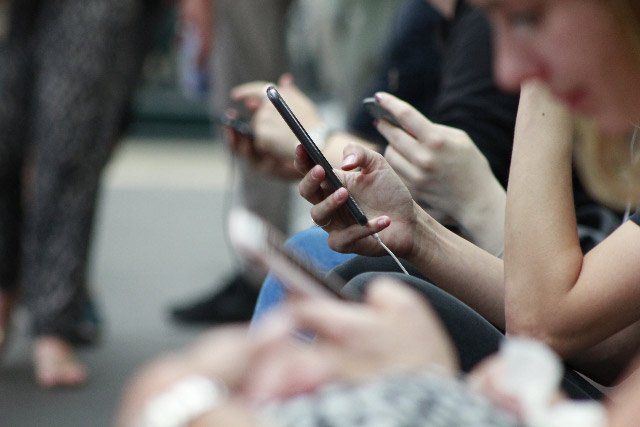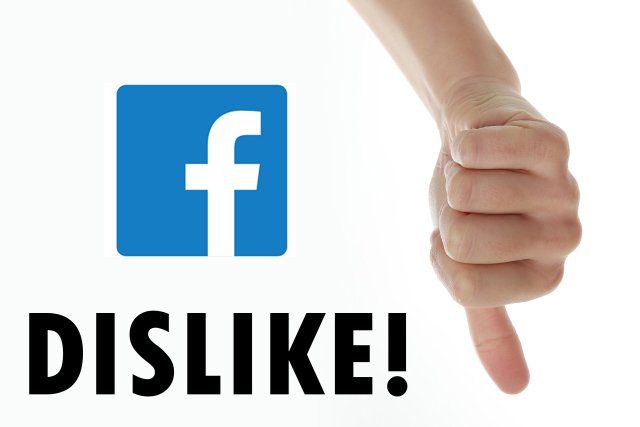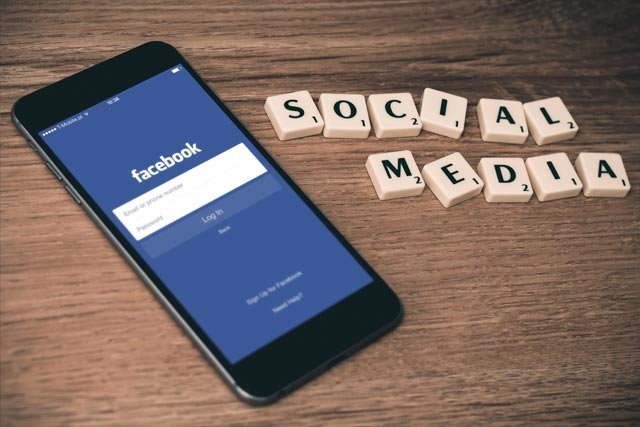When we talk about Facebook, we talk about our generation’s most significant social platform. How perfectly it has embedded into our lifestyles is quite remarkable! But so is the recent debate revolving around Facebook addiction.
Although it is not a diagnosable condition, many experts believe that Facebook use resembles an addiction in specific ways. Low self-esteem, shattered confidence, the need for social approval, and fear of missing out are some common symptoms.
Facebook Addiction Signs?

The side effects of social media are a highly subjective matter, and they vary from person to person. Facebook affects you differently depending on your social circle, followed communities, joined groups, and frequent interaction over the platform.
However, users’ compulsive and self-harm behavior is why Facebook is addictive. To clarify further, here are some signs and symptoms of why Facebook is an addiction.
Excessive Use Of Facebook
Excessive use of anything is a clear indicator of its addictive potential. From the Facebook addiction statistics below, you can better judge for yourself how addictive Facebook is.
- There are 1.4 billion active users on Facebook daily and 2.4 billion active users monthly. (Statistica)
- The average time spent on social media is nearly an hour daily.
In a place where less than 20% of the daily content is about business and promotion, spending an hour a day for an average individual is insane. You always have more pictures, videos, and posts to see from the thought-out feature of a never-ending feed.
You can check your daily Facebook time from the app settings. And if the total number of hours is more than one, you might want to scale down on your use. After all, if all you use Facebook for is to keep up with your social circles, then isn’t that time too much?
Using Facebook As A Coping Mechanism

If you expect Facebook to change your mood, you might be on the wrong end of the waters. Having an urge to use Facebook when lonely, angry, sad, or demotivated is a sign that you’re using it as a coping mechanism.
For the time being, a humorous post may lighten your mood. But as soon as you put your mobile down or log out of the browser, you’ll hit a low point and be tempted to use it even more.
You must monitor yourself to avoid using it to escape problems or change your mood. Always have a quick check with yourself when using Facebook.
i.e., Why am I using Facebook right now? How do I feel before using it? How do I feel after using it? Did it make me feel better or worse?
You probably feel the same, if not worse, after using Facebook to escape a problem.
Need For Social Validation
When you get instant likes and comments after sharing a post, it triggers a dopamine response in your brain. Or why else would you feel the need to share with everyone what you had for lunch?
The fear of missing out on essential updates and aligning with everyone’s views is social validation. It is when you need people to support you by liking and commenting on everything you share.
And when that doesn’t happen, you fall into a spiral of negative thoughts and emotions.
Your need for social validation amplifies when you start using Facebook excessively and as a coping mechanism (the first two points). When you start depending on the people around you to make you feel good about having a meal or taking a vacation, you’re probably slipping into an addiction.
How To Stop Facebook Addiction?

As with any other addiction, you start by recognizing there is a problem in the first place. Evaluate yourself on how positively or negatively you are using Facebook. And if you happen to be dependent on it, like I mentioned above, here are some ways to overcome Facebook addiction that might be useful to you.
1) Track Your Urges:
An effective way of dealing with Facebook addiction is to track your urges. When do you feel like logging into it the most, and why?
You will notice that most of the time, it is either because of procrastination or a compulsive act and rarely a conscious decision. Once you determine why and when you want to use it the most, you can start limiting it.
2. Limit Your Use Of Facebook:
How often people throw the “Cold Turkey” card and never play it themselves is fantastic. You cannot simply cut off all your social ties and quit the platform. Although it isn’t as bad and challenging as you may think, it’s still well worth it!
However, the more practical approach is to limit your Facebook time. If you’re compulsively scrolling through the app with eyes half-closed in the morning and keeping up way past your bedtime, don’t!
Also, try not pulling out your mobile during your lunch break at work, as it is one of the high times that we are tempted to catch up on updates.
3. Find An Alternative For Facebook:
Almost nothing works without finding an adequate alternative. If you’ve been spending hours doing something daily for years, you are going to notice it’s gone and will be tempted to relapse.
Reading a book, taking a short walk, organizing tasks, or even having a glass of water are excellent alternatives. You may think it’s funny, but you only need to divert your attention when urged to use Facebook.
Switch to the All-Audio Clubhouse App for endless Live Broadcasts and Interviews as an alternative to Facebook. If you’re not lucky enough to be invited yet, register on their official website, and you might get in!
When you convince yourself that you are spending your time much more productively, it will be much easier to reduce Facebook usage and even deactivate it.
Conclusion
Facebook is a ginormous platform for like-minded minds to come together. Many businesses are conducted through it, and many livelihoods depend on it virtually now. So, to say it is completely bad is highly a matter of perspective.
The interesting posts on your newsfeed can easily overwhelm you. But to keep the balance right, you must focus on your real life, relationships, goals, and hobbies. If you can check more than two symptoms from the list above, you, too, might be on the verge of Facebook addiction.





